“Switzerland could have saved dozens of lives if it had acted with greater courage and tenacity,” say authors Balz Spörri, René Staubli and “SonntagsBlick” journalist Benno Tuchschmid in their 2019 book “Die Schweizer KZ-Häftlinge”.
The trio explain how the Swiss authorities abandoned many in their hour of need. They also reveal that the Nazis deported at least 408 Swiss to concentration camps between 1933 and 1945 – including resistance fighters, Jews, socialists, social dropouts, Jehovah’s Witnesses, Sinti, and Roma. Of these, over 200 died.
No specific information has been provided on the cost of the project. The next step is for the Federal Council to flesh out and refine the plan. The prospect of Switzerland being able to open its first publicly funded Holocaust memorial in a few years’ time looks good. A number of Federal Councillors back the idea.
The plan for an official monument enjoys broad support. Behind the scenes, some 200 individuals and organisations from civil society, business, and politics have already teamed up to drive the idea forward. These include Switzerland’s ecclesiastical community as well as personalities like former Federal Councillor Ruth Dreifuss or author and “SonntagsBlick” columnist Milena Moser.
Zurich SVP National Councillor Alfred Heer is also on board. “A commemorative, symbolic site is important for a strong democracy like Switzerland,” he says, adding that the memorial must stimulate critical reflection. The SVP politician wants the Federal Council to submit the necessary legislative framework to parliament as soon as possible so that the site can be built.
Historian Sabina Bossert already has her own preferred date for the inauguration: 13 August 2022. This would be the 80th anniversary of the day on which Switzerland began turning away Jews at its border, thereby condemning many to certain death.
See also Benno Tuchschmid’s opinion piece.
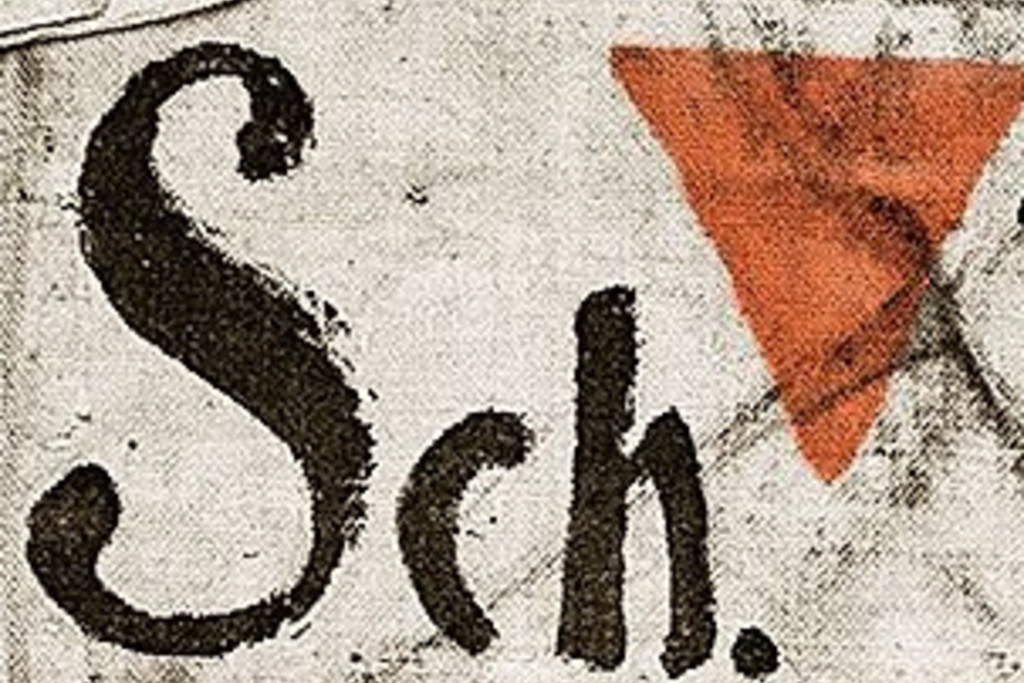
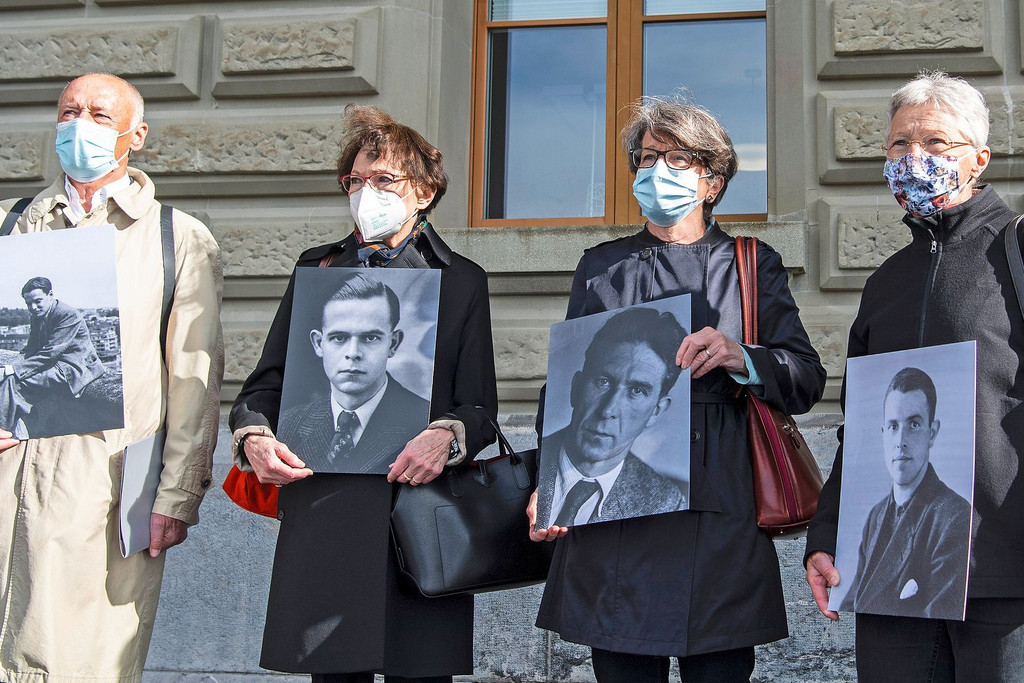
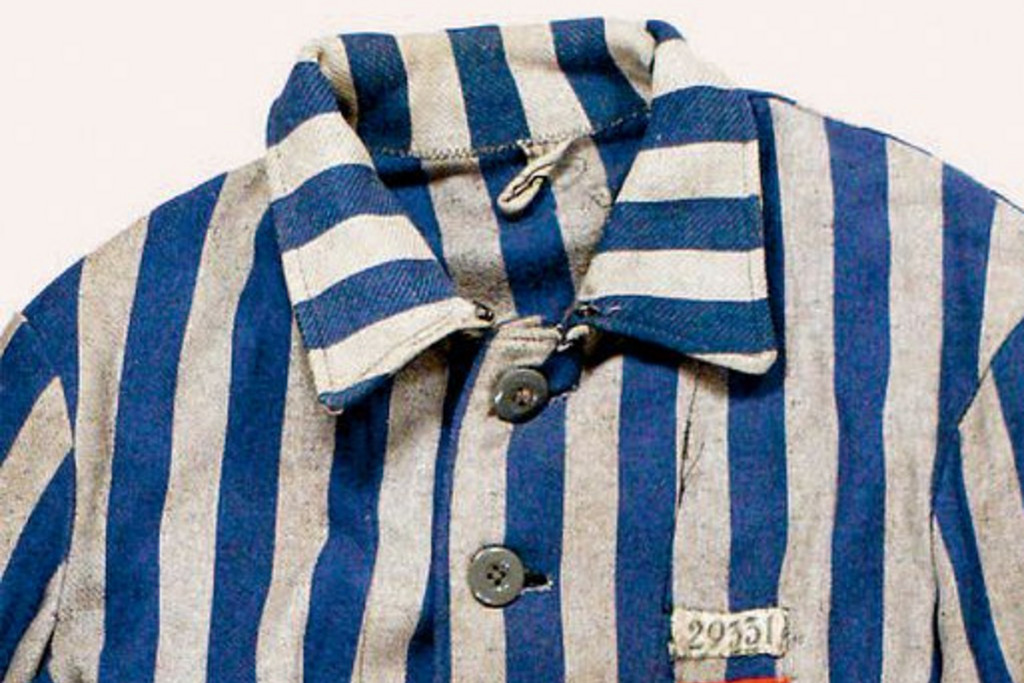
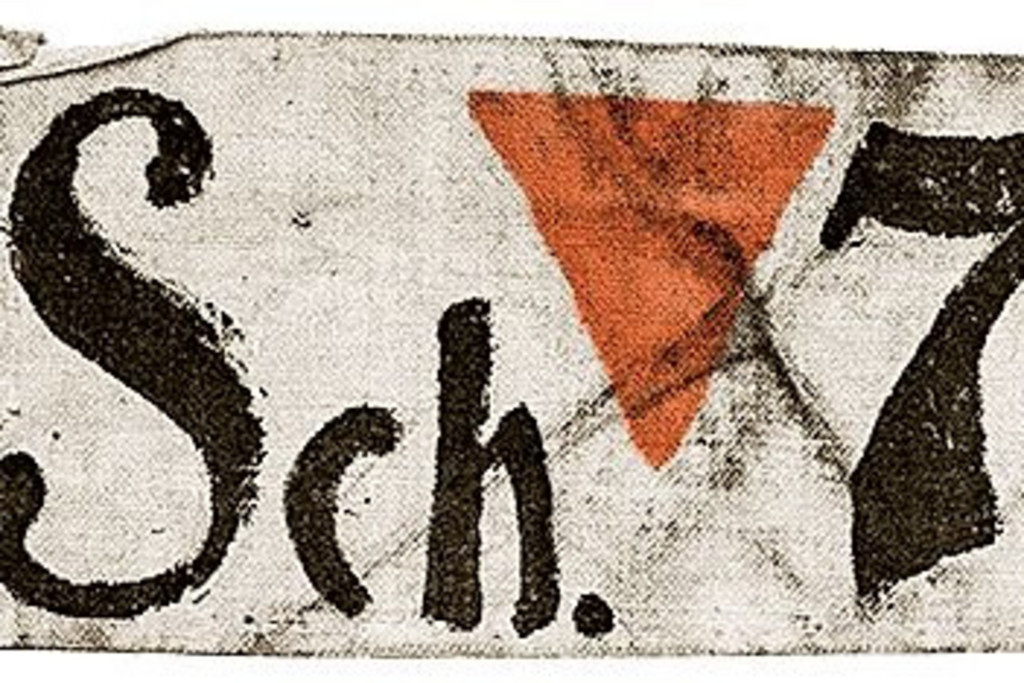
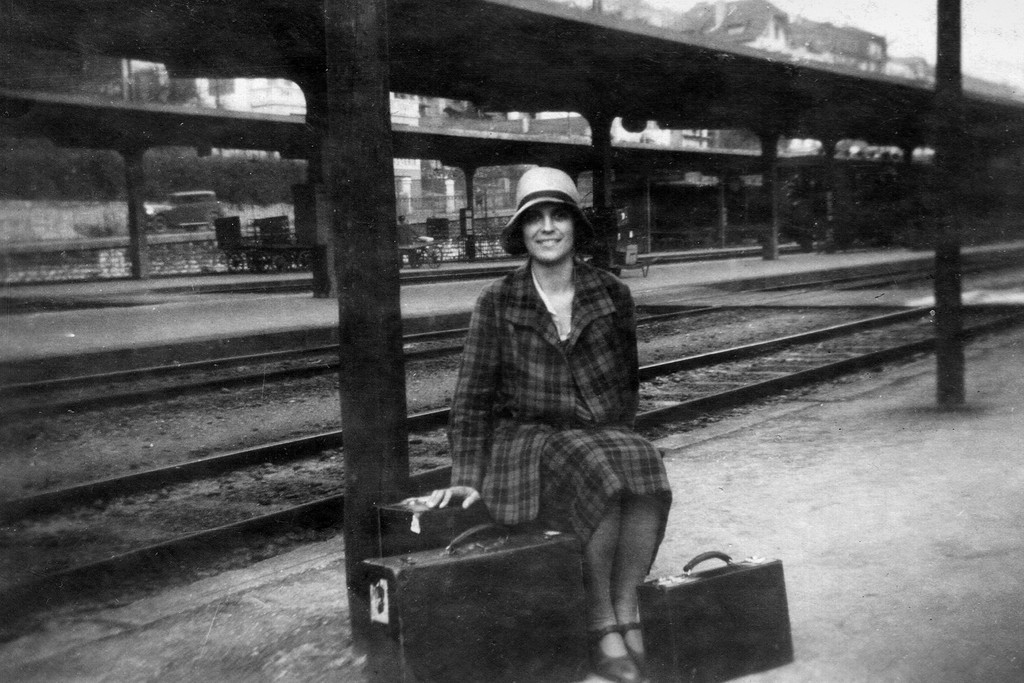
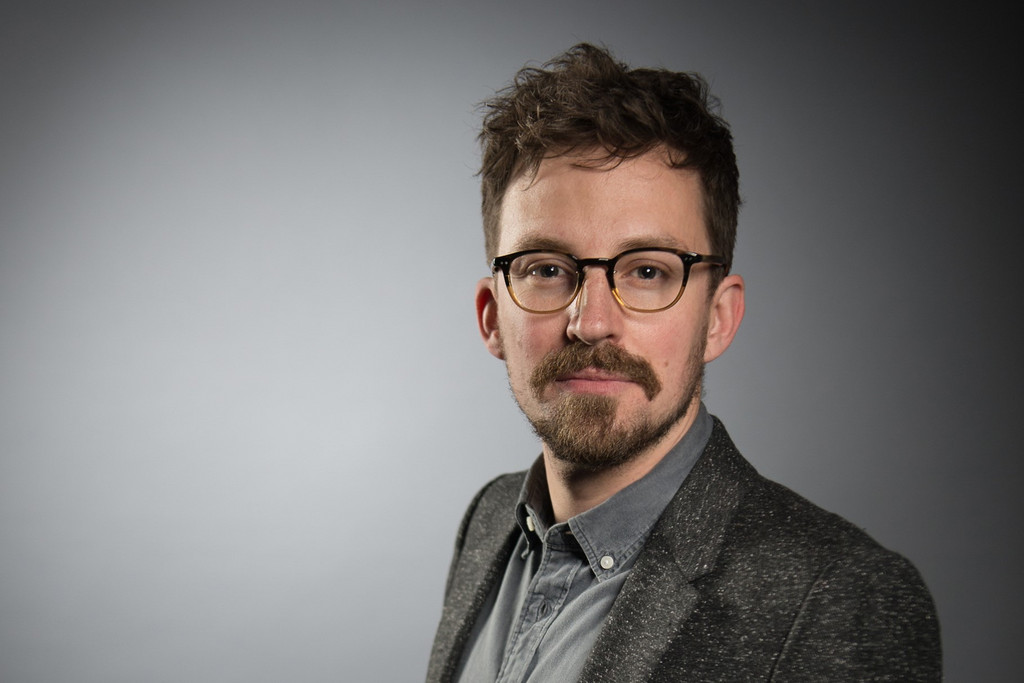


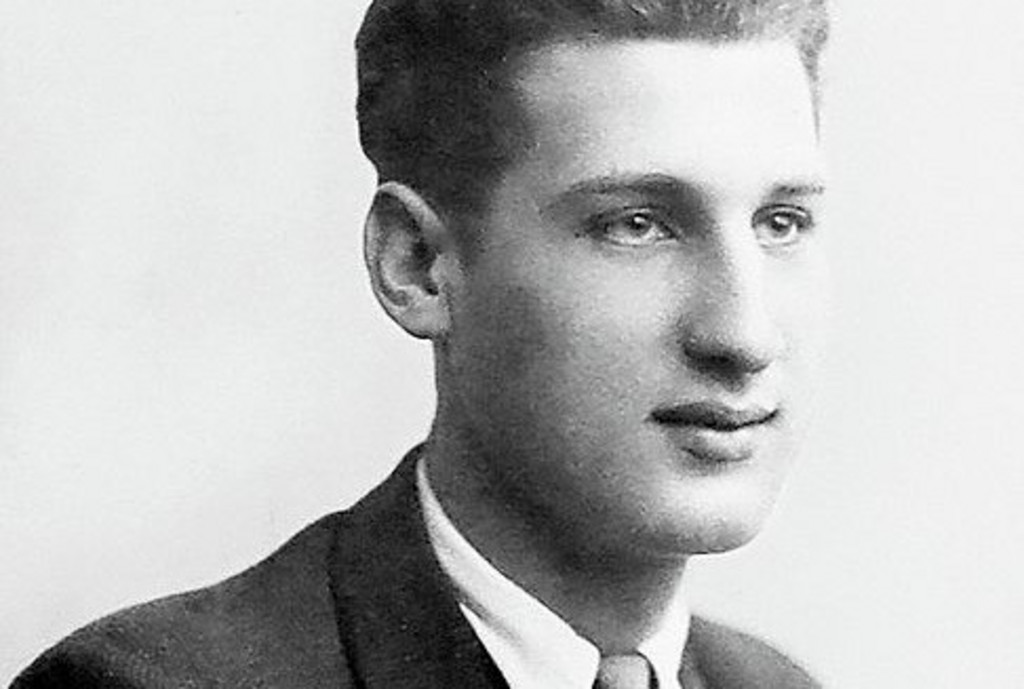
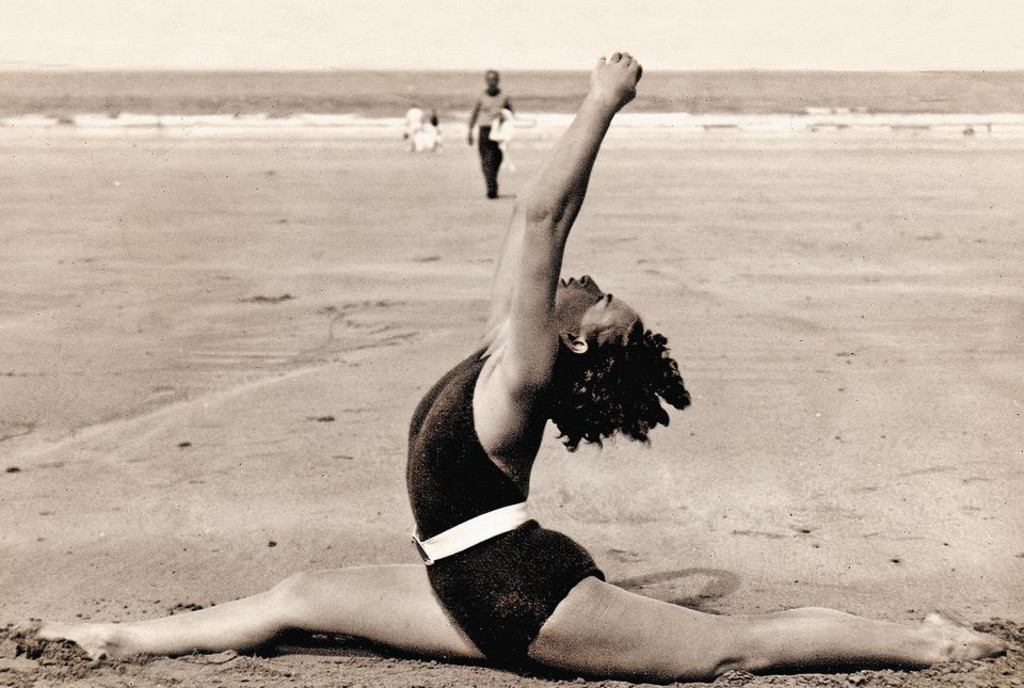
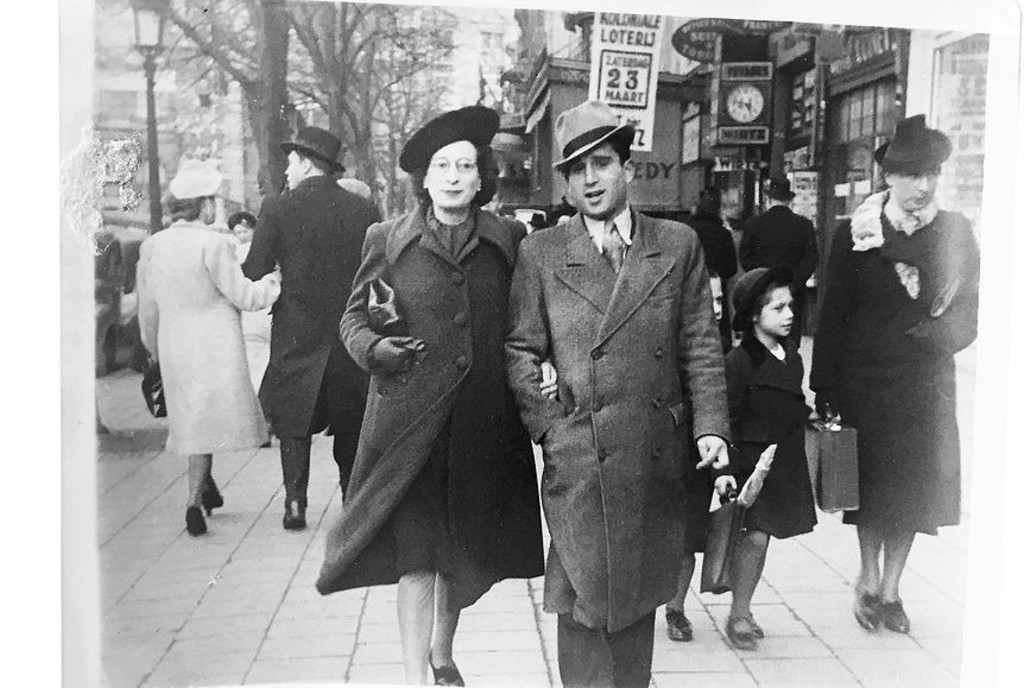
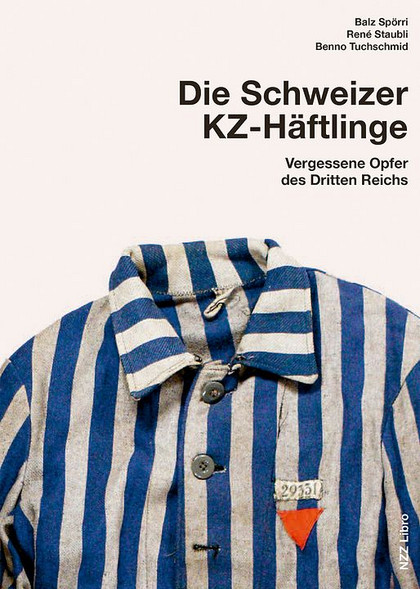
Comments